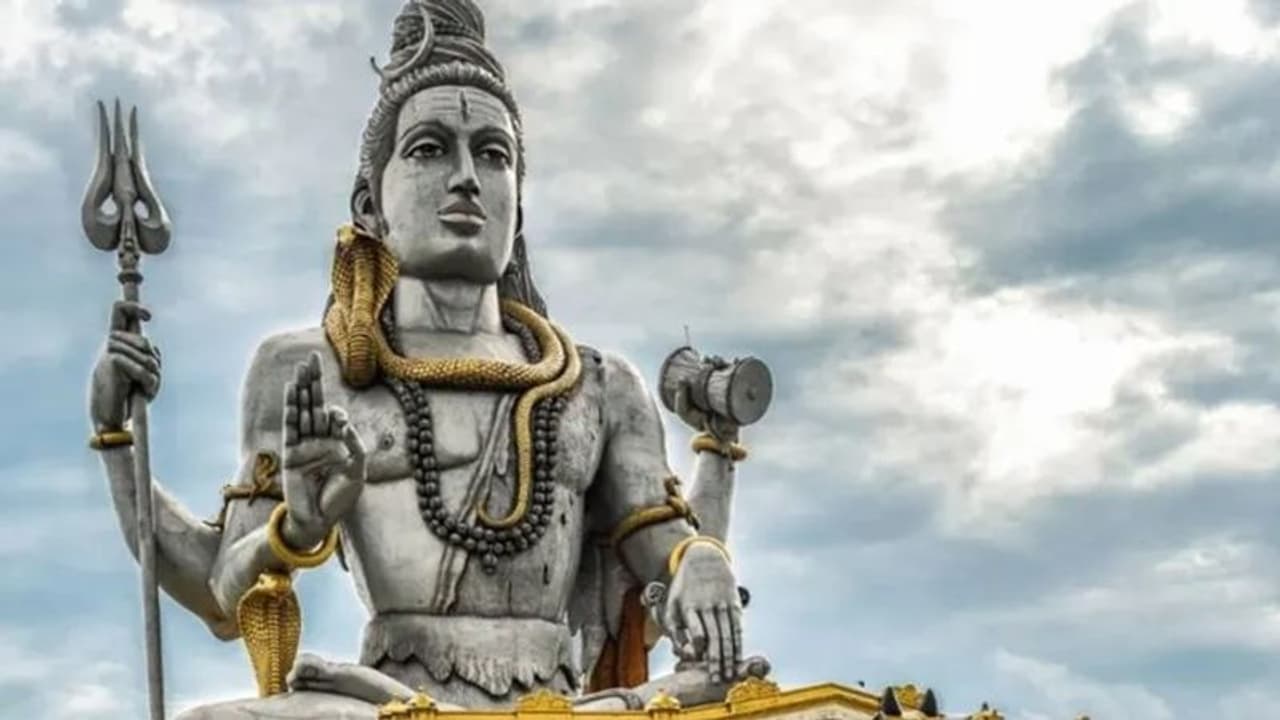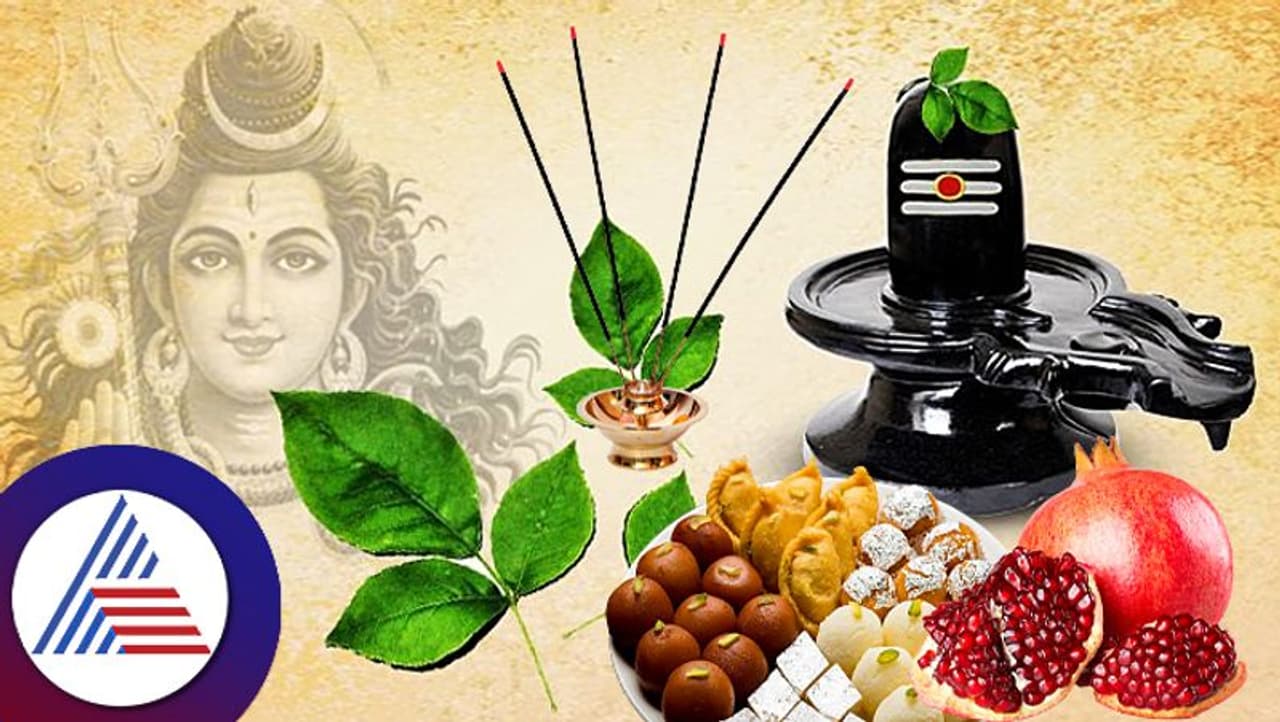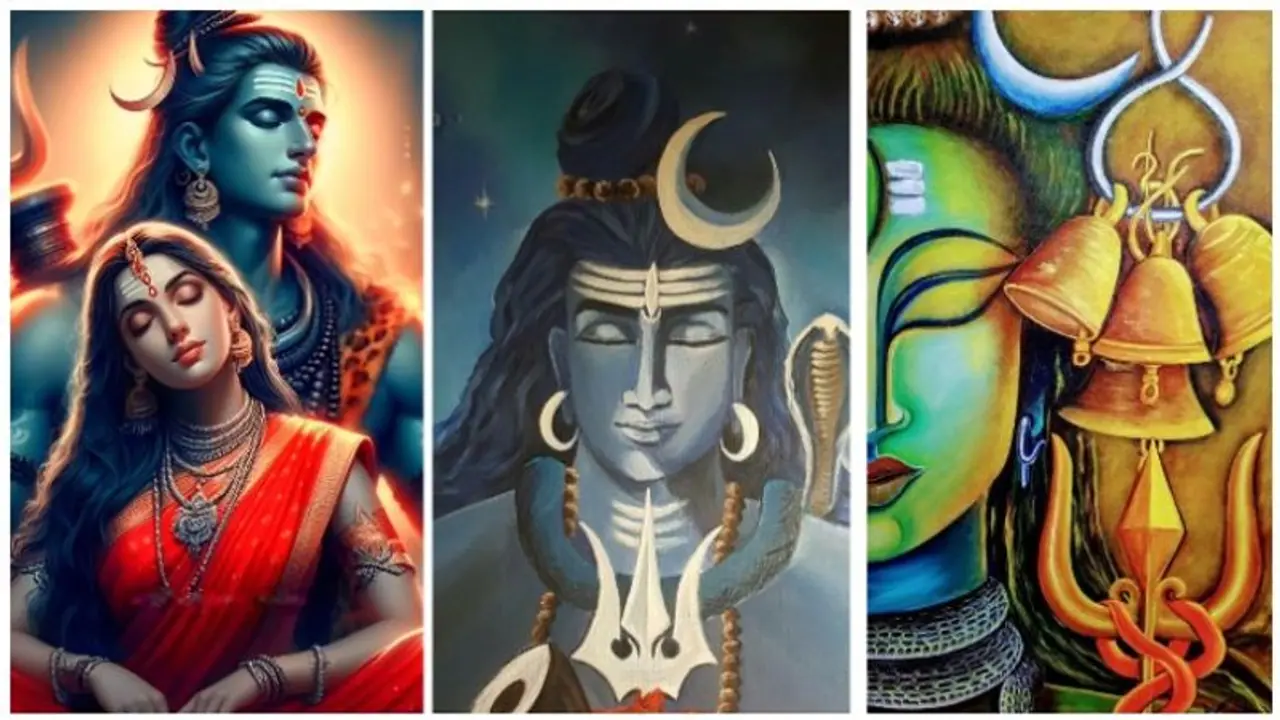Maha Shivratri 2024 marks the glorious marriage of Lord Shiva and Goddess Parvati. Discover the spiritual meaning and practices that set Shivratri apart from Mahashivratri.
Maha Shivratri, also known as the Great Night of Shiva, is an annual Hindu festival honouring Lord Shiva. As the holy holiday of Maha Shivratri approaches on March 8, followers of Lord Shiva prepare to celebrate with enthusiasm and devotion. It occurs once a year, generally in February or March, on the 14th day of the dark fortnight of the Hindu month of Phalguna.

This day represents the convergence of heavenly powers, making it especially powerful for spiritual growth and transformation. However, there needs to be more clarification between the phrases 'Shivratri' and 'Mahashivratri.'
Shivratri, or the Night of Shiva, is a periodic event on the 14th day of the lunar month's dark fortnight. Every month, followers commemorate this day by fasting and praying to Lord Shiva.
Also Read: Maha Shivratri 2024: Know about rituals, puja samagri list and bhog to offer Lord Shiva
However, the most important of these evenings is Maha Shivratri, celebrated yearly with considerable fanfare. Let's go into the subtleties to grasp the differences between the two better.

Shivratri and Mahashivratri: Important Differences
Frequency: The fundamental difference between Shivratri and Mahashivratri is their frequency. While Shivratri takes place every month, Mahashivratri is an annual celebration.
Significance: Mahashivratri is considered the most important of all Shivratri celebrations. It has significant spiritual importance, symbolising Lord Shiva's marriage to Goddess Parvati and commemorating the night when Lord Shiva performed the cosmic dance of Tandava.
Observance: While both holidays feature fasting, meditation, and worship of Lord Shiva, Mahashivratri is observed on a larger scale, with elaborate ceremonies, devotional chanting, and night-long vigils (jaagran) in temples and houses.
Also Read: When is Maha Shivratri 2024, March 8 or 9? Know date, puja timing, rituals and more

Community joy: Mahashivratri draws communities together for communal prayer and joy. Devotees frequently visit Shiva temples, where priests execute complex rituals, such as Shiva Lingam's abhishekam (ritual bath).
Also Read: Maha Shivratri 2024: 6 things to do for good luck
Spiritual Significance: Mahashivratri is considered a period of spiritual awakening and rebirth. Engaging in spiritual disciplines including meditation, mantra chanting, and introspection is considered auspicious to achieve spiritual progress and emancipation.
